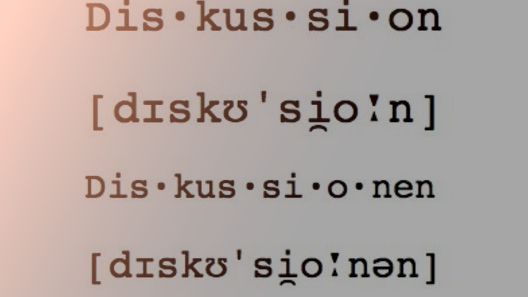Why are we social revolutionaries? A call to collectively create an english reader about the Antid/Palestine debate

Dear comrades,
we wanted to start this project for a long time but never found time for it. Now, as after another mass-murder of jews a wide front ranging from fascists, clerical-fascists (islamists) to („left“)-identitarians and communists have nothing better to do than to celebrate „Free“ Palestine we think it is finally time for this project.
In recent years, all over Germany, but especially in Berlin, people with a different political socialization, outside of Germany, have flocked into the scene. We think this is good und actually brings us new experiences and advances the theoretical level. However, in the context of internationalism, we think that it causes regression. And we think that this regression has a lot to do with a lack of knowledge about past debates.
The debate and split about Palestine and Antideutsche was actually about much more than these two topics. To say it in the words of the first text that we translated for this project: [The debate] „will have to address the relationship between politics and morality, the contrast between national sovereignty and social liberation, and the difference between revolutionary violence and terrorism.“
We think, in times were blind one-siding under the banner of neocolonialism (with arguments that are actually even worse than the ones of traditional anti-imperialists) is very prevalent again, these topics matter at least as much today as they mattered when these words were published in December 1991.
The debate had it’s foreshadowing in the early 90’s, but only accelerated with the almost complete collapse of traditional anti-imperialist politics in Germany in the second half of the 90’s and peaked in the early 2000’s. The debates and splits quickly faded into obscurity after 2004, but are still very present in the collective mind of the German left.
For the majority of the German left, the conclusion of the debate was to engage less in internationalism and focus more on our own social context. This position is called social-revolutionary. There were multiple reasons for this, the main ones are:
1. Historical evidence showed that so called liberation movements almost never achieved some sort of (social) liberation, in fact in not so few cases the conditions actually worsened after „liberation“. To put it in the words of the text:
„The fact that the seizure of power in almost all cases destroyed rather than unfolded the social content of the revolution, that the leaders of the liberation movements, once they had taken command posts in the young nation-states, styled themselves as protagonists of brutal development dictatorships, that the newly gained independence benefited mainly the old cadres while the ongoing mass misery required a new explanation, that, in short, the entire dialectic of national and social liberation mainly paid off for the new rulers, and that this was not a matter of betrayal or corrupt morals, but corresponded to the essence of statehood itself.“
2. Cruelty and crimes against humanity perpetrated by „liberation movements“ cannot be justified with the circumstances:
„It justifies a deliberate decision with the constraints of circumstances and explains those who have committed it as victims of their actions. The experience of the cruelty of the enemy does not free anyone of the obligation to provide an account at every moment of the means and methods they employ.“
In conclusion, the end doesn’t justify the means, moreso the means foreshadow the imagined end, which brings us back to argument one.
3. Internationalism is mostly irrelevant for our own’s life and the life of the „masses“. We try to achieve social liberation and this is not achieved in some far away places, but here were we live and suffer. The revolutionary subject can’t be someone that we don’t know and have only projections of, it must be ourselves and our immediate surrounding. A reference to far-away struggles hinders our connection to local people and struggles.
We are strongly convinced that these arguments are still valid today. We think that the debate is one of the few topics, perhaps the only one, where the level of discussion in Germany is actually advanced compared to the international level of discussion. We would like to share this dicussion, it’s main talking points, it’s rivalrys and schisms, it’s richness and outcomes with the english speaking world. When we get accused as Antideutsche, racists, „just full of collective guilt“ or whatever bullshit once again because we have a different view on internationalism than others, we could point to an english reader that makes the complexity and roots of our position more understandable.
The reason we don’t provide a full reader is that, besides a lack of time, we ourselves don’t have a good collection of texts from this era, as we were mostly kids at the peak of the debate. So we call on everyone to translate texts, or at least propose texts for translation, so others can translate them. We don’t see ourselves as an authors collective. We envision the creation process very loosely. Texts get translated, or newly created like this one, and once there are enough texts to make a full reader someone will eventually create one.
In the meantime, enjoy our translation of „Gerd Albartus is dead.“ from the revolutionary cells, a landmark text that preceded the debate und also had consideral influence on our own’s political understanding.
So long, „a few social-revolutionarys from Berlin“

